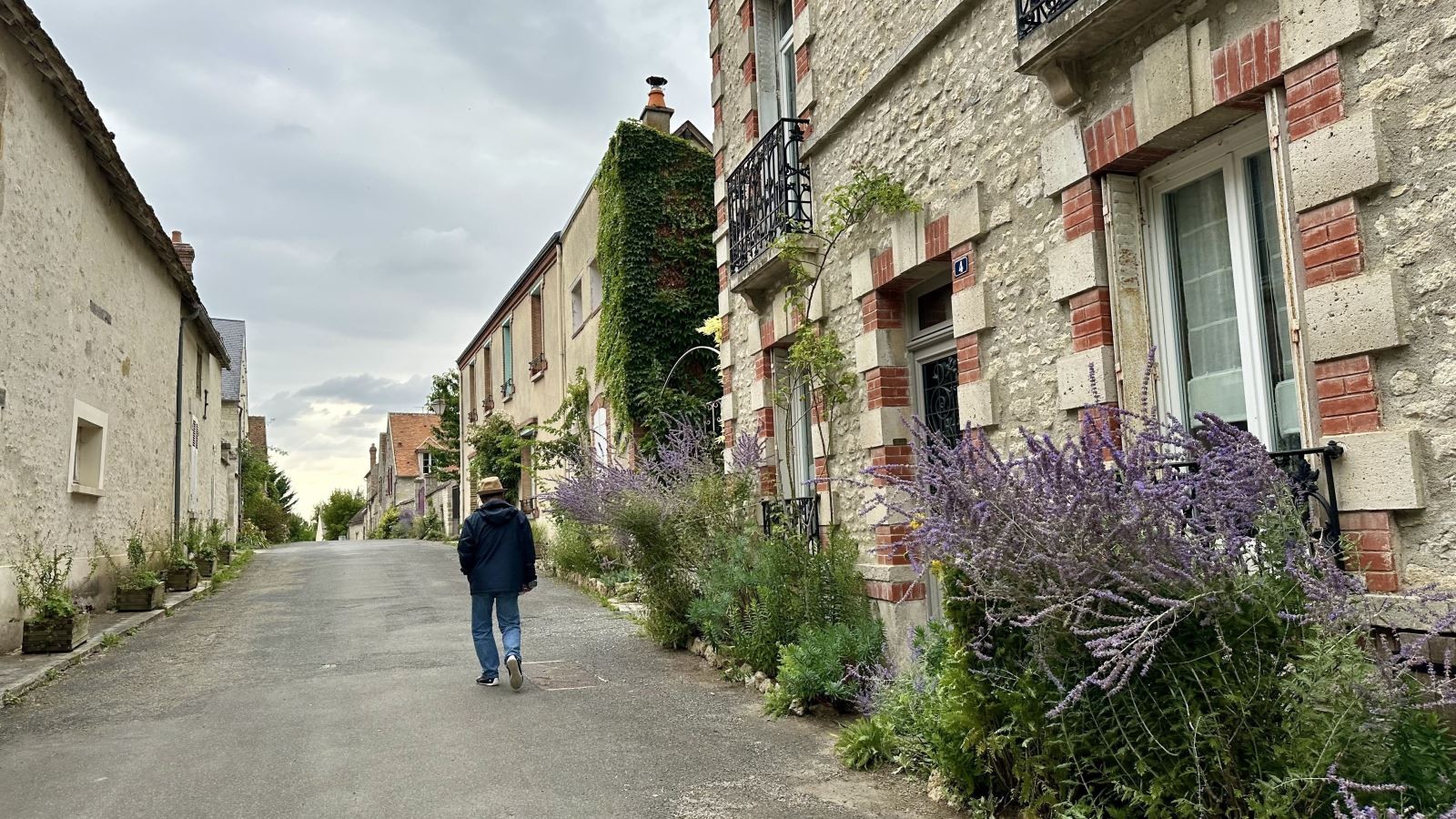
According to a VNA correspondent in France, Yèvre-le-Châtel is just one of more than 180 villages in the "Les Plus Beaux Villages de France" network (The most beautiful villages of France), a system built since 1982 and has become a successful model of sustainable tourism development through honoring heritage values.
Yèvre-le-Châtel once moved the great writer Victor Hugo when he visited in 1834. But it was not until the 1960s that the romantic ruins of the ruined Yèvre castle and the village's ancient houses truly became an "artistic rendezvous" with the presence of many contemporary French painters, sculptors and visual artists. Their works - from sundials, iron doors to welcome gates - breathed new life into the ancient space. And now, this ancient village has become a favorite destination for many French and international tourists.
Today, with a population of just 230, Yèvre-le-Châtel welcomes more than 100,000 visitors each year. Not only is it loved for its historical and artistic beauty, but it also attracts visitors with its fairs of local handicrafts and traditional cuisine rich in local identity.
Ms. Amanda Stephens, a British tourist, decided to choose Yèvre-le-Châtel as a vacation destination for her whole family during this summer vacation. She said that her family rented a house in the village and had a very pleasant experience here. According to her, Yèvre-le-Châtel is a beautiful village and ideal for walking and exploring , especially the visit to the ancient castle and walking around the ramparts brought her family a lot of excitement. In addition to the architectural beauty, what makes this village more special in the eyes of tourists is the title "One of the most beautiful villages in France". When asked how she knew about this title, Ms. Amanda said that she looked up information online before the trip and found that the reality was completely worthy of what she had read.
Not only does this title attract foreign tourists, it also brings pride to the local residents. Ms. Annick, a long-time resident of Yèvre-le-Châtel, shared that although the number of visitors has not increased dramatically, the number of people visiting the village has clearly increased. According to her, the presence of tourists makes the atmosphere in the village more bustling, in contrast to the rather deserted state of many neighboring villages. She also believes that this prestigious title is a factor that contributes to attracting tourists to come for vacation as well as sightseeing. According to Ms. Annick, the compliments from tourists about the beauty of the village are what make the local community feel extremely proud.
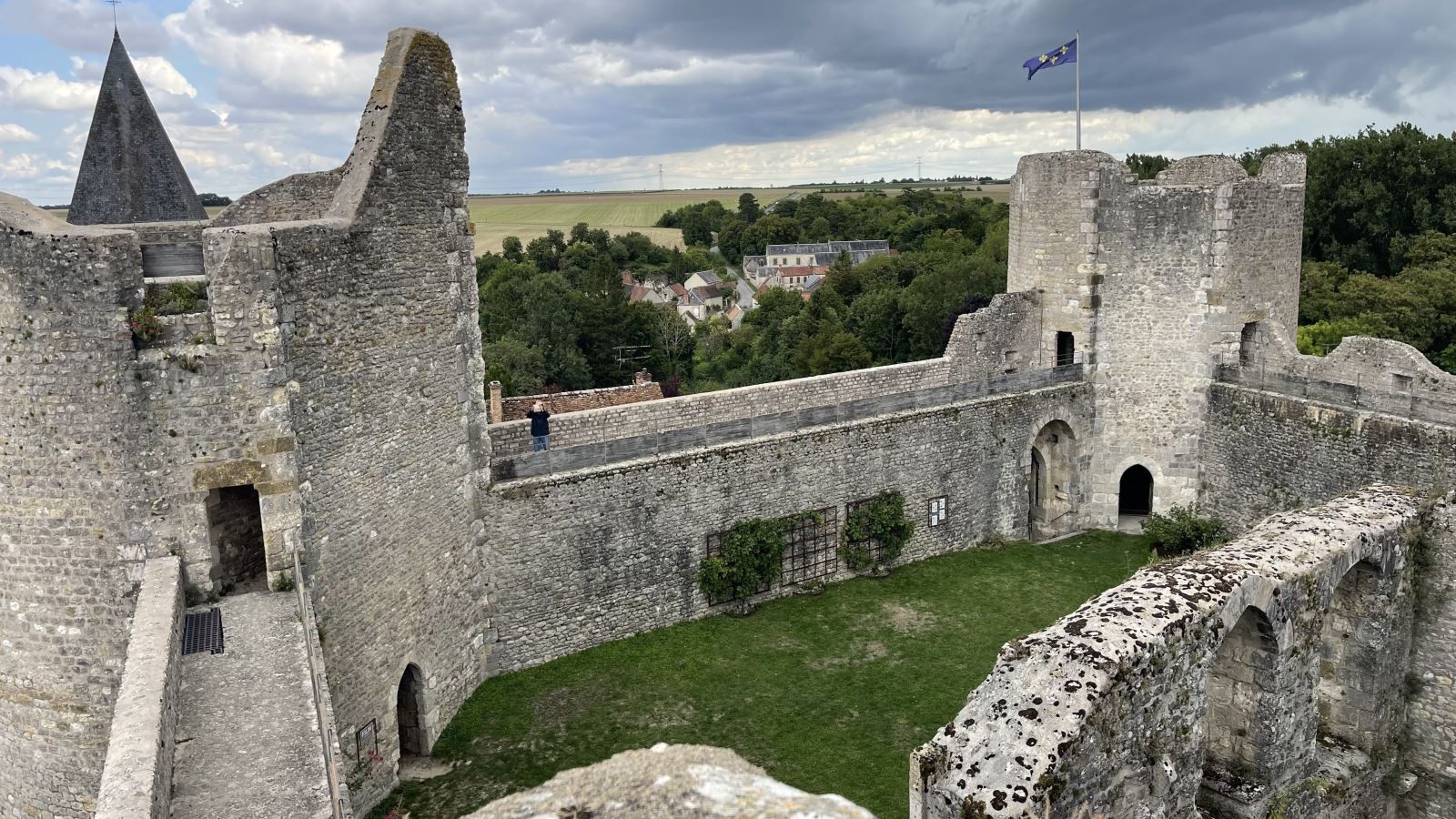
Mr. Guilhem Barton, a painter of the village, also did not hide his pride when talking about his village. He said that he has welcomed many visitors from all over the world, mainly Europeans, some from Asia and America. He shared: "I open my door to welcome everyone to come and share my passion for painting. Thanks to attracting a large number of tourists, my village and all the residents here can live better, I sell more paintings and the restaurant opposite is also more crowded".
Yèvre-le-Châtel is just one of more than 180 villages that belong to the “Most Beautiful Villages of France” network – a system that was established in 1982 and has become a successful model for sustainable tourism development through the promotion of heritage values. The idea originated in the village of Collonges-la-Rouge in the Corrèze department, where Charles Ceyrac – a former mayor and member of the National Assembly – recognised the importance of “drawing the attention of the authorities to the protection of France’s rural heritage and turning this into a lever for local development”. In the context of agricultural difficulties and rural abandonment in the 1980s, this was a groundbreaking idea, turning villages into attractive tourist destinations. From the original idea, 66 mayors responded to the call and officially founded the Association "The Most Beautiful Villages of France" ("Les Plus Beaux Villages de France") on March 6, 1982 in Salers, Cantal. Currently, this network has 182 members distributed in 72 departments and 14 regions of France. Mr. Alain Di Stefano, mayor of Yèvre-le-Châtel village, has also been President of this network since October 2020.
According to Mr. Alain Di Stefano, to become one of the "Most Beautiful Villages in France", the village must comply with the Quality Regulation Framework with 32 strict criteria. A Quality Assessment and Branding Committee, including officials and experts, is responsible for selecting, surveying the field, granting the title and periodically re-evaluating the title of the recognized villages every 6-9 years. This strict selection has led to some villages being eliminated, or voluntarily giving up the brand when they cannot, or no longer meet the standards. Mr. Pascal Bernard, representative of the Association, did not hesitate to affirm: "We encourage communes to withdraw themselves when they no longer meet the quality requirements. We must set rules to maintain the title. We cannot let the brand be lost due to the degradation and deterioration of member villages".
The key to the success of this model lies in the harmonious combination of maintaining high quality standards, building a strong brand and creating sustainable economic value. Establishing a rigorous selection and evaluation process not only ensures quality but also creates unique differentiation and value for the brand. At the same time, a comprehensive approach that includes both heritage conservation and economic development has created a strong incentive for the local community to participate in and sustain the program.
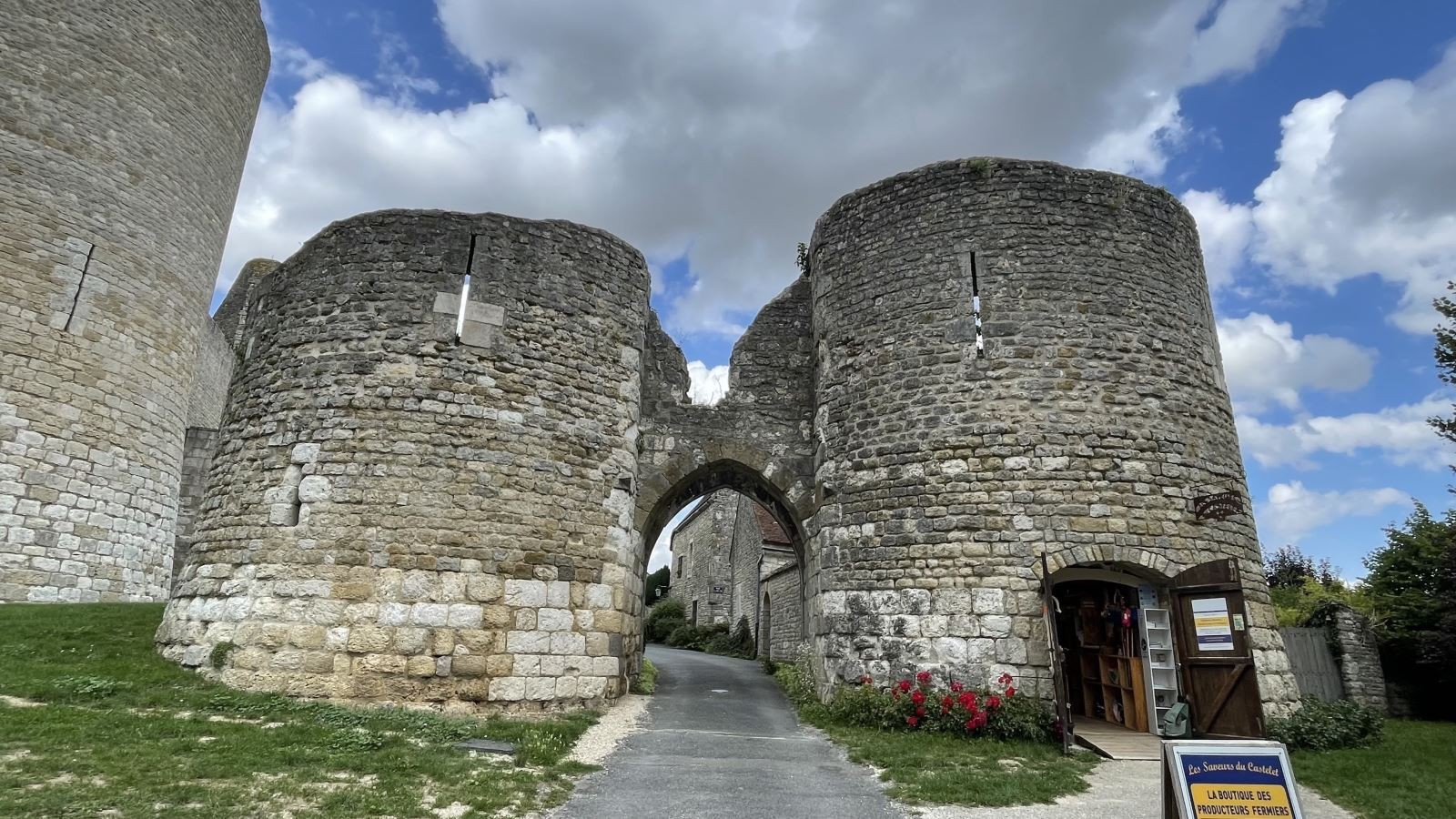
The benefits of this model are undeniable. According to a 2022 survey by the French market research agency Ipsos, "The Most Beautiful Villages of France" is the brand most known to the French, with 92% of respondents claiming to be aware of the network, an impressive figure that demonstrates the brand's reach. The number of visitors to villages labeled with the label can increase by up to 50%, generating significant revenue for the local economy through spending at restaurants, hotels and shops. In 2023, the network welcomed 17.3 million overnight visitors, with total tourism revenue of 1.3 billion euros ($1.51 billion) and creating 16,000 direct jobs. In addition to the economic benefits, this model also contributes to the protection of cultural and natural heritage, by encouraging the preservation of historical buildings, landscapes and traditional architecture.
The “Most Beautiful Villages of France” model has been replicated in many countries and territories, creating an international network, demonstrating its wide applicability and adaptability to different cultural contexts. According to Mr. Alain Di Stefano, this title is not only limited to national borders but also spread to many countries. Currently, there is an international federation of the most beautiful villages in the world, bringing together not only European associations such as Russia, Spain, Italy, Switzerland, Germany, Belgium, but also China, Japan, and Quebec (Canada). This association has had an influence on 3 continents and currently there are nearly 1,000 villages around the world labeled as one of the most beautiful villages in their country.
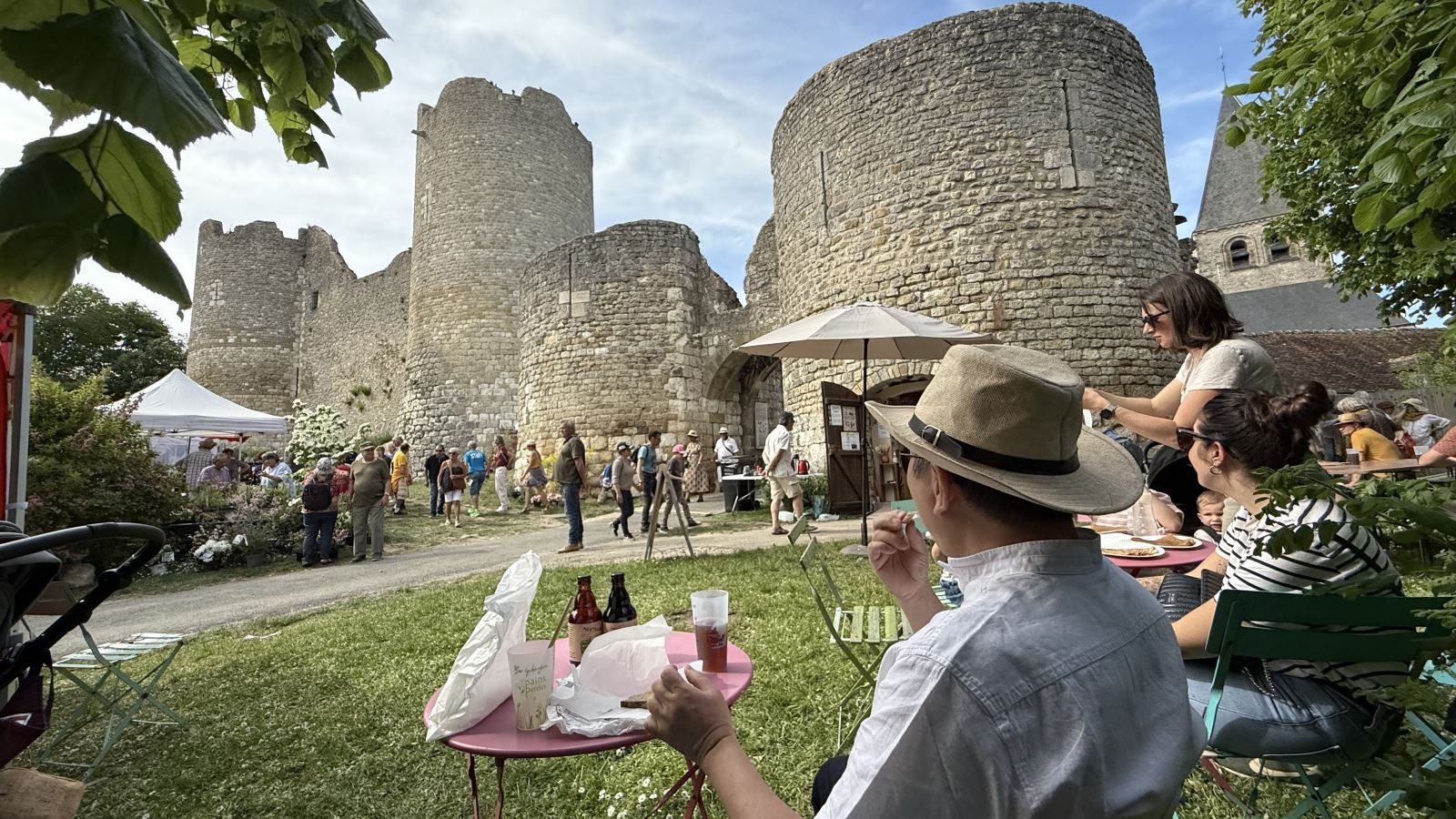
The success of "The Most Beautiful Villages of France" proves that with a long-term vision, commitment to quality and cooperation between stakeholders, turning cultural heritage into a driving force for sustainable economic development is completely feasible. This is not only a path for tourism development but also a way to protect and transmit precious cultural values to future generations, a valuable lesson for all countries that want to promote their heritage tourism potential.
With thousands of ancient villages possessing rich cultural heritage and unique architecture, Vietnam has the potential to apply a similar model. However, implementation needs to be adjusted to specific conditions, including building a criteria system suitable for local cultural characteristics, establishing a financial support mechanism for economically disadvantaged villages, creating a professional management system to ensure brand quality, and developing an effective communication strategy to raise public awareness.
Source: https://baolaocai.vn/nhung-ngoi-lang-dep-nhat-nuoc-phap-chia-khoa-thanh-cong-trong-phat-trien-du-lich-di-san-post880275.html





![[Photo] Images of the State-level preliminary rehearsal of the military parade at Ba Dinh Square](https://vphoto.vietnam.vn/thumb/1200x675/vietnam/resource/IMAGE/2025/8/27/807e4479c81f408ca16b916ba381b667)


![[Photo] Parade blocks pass through Hang Khay-Trang Tien during the preliminary rehearsal](https://vphoto.vietnam.vn/thumb/1200x675/vietnam/resource/IMAGE/2025/8/27/456962fff72d40269327ac1d01426969)


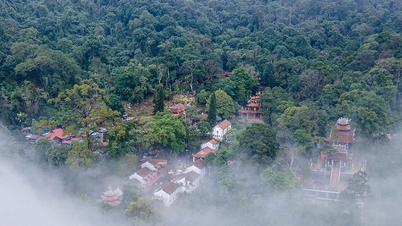

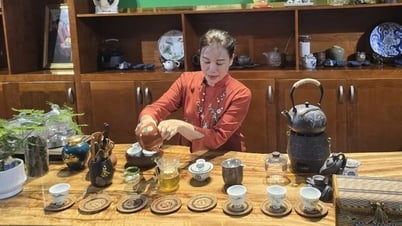

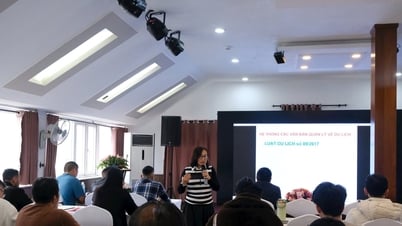

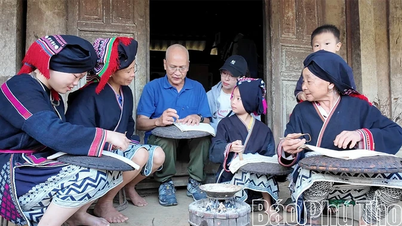


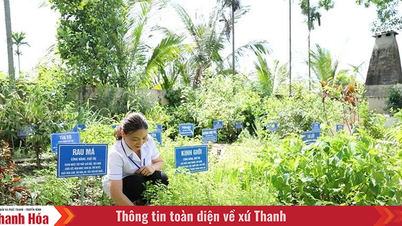

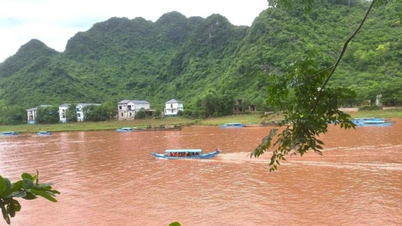



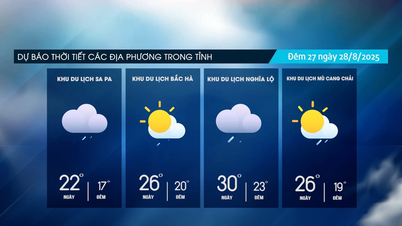






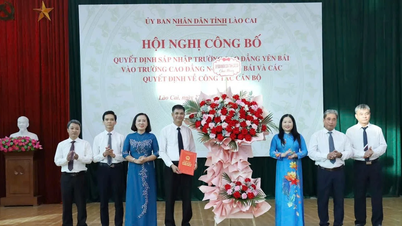





























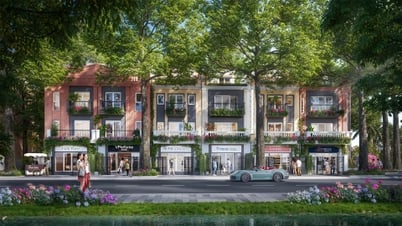




























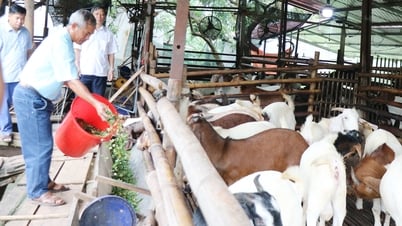












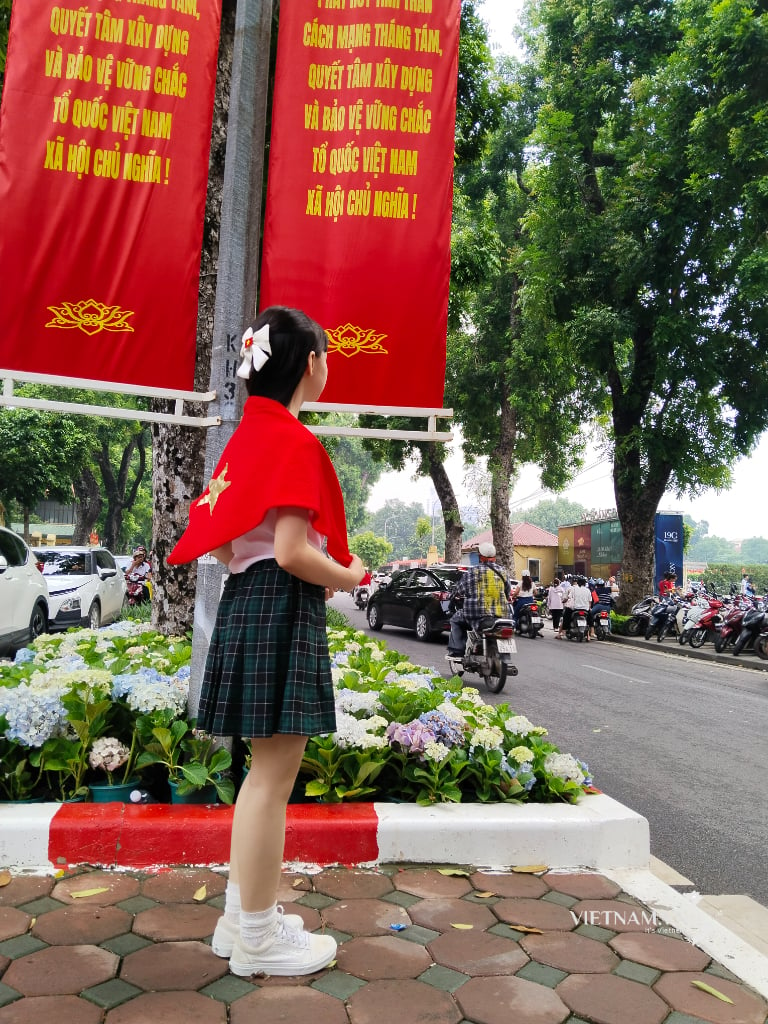

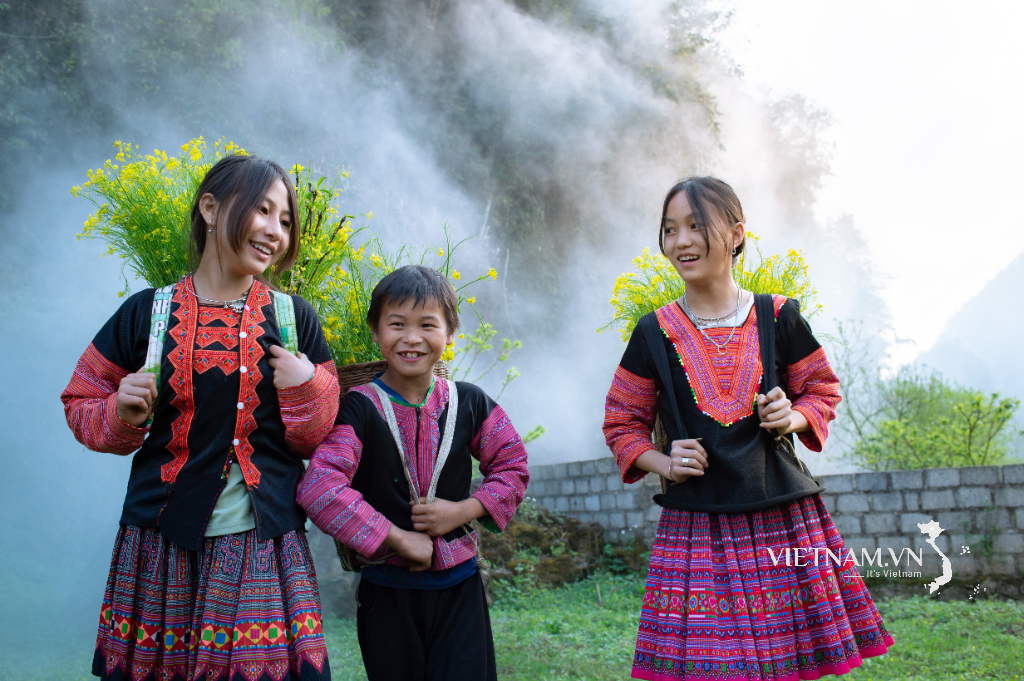

Comment (0)